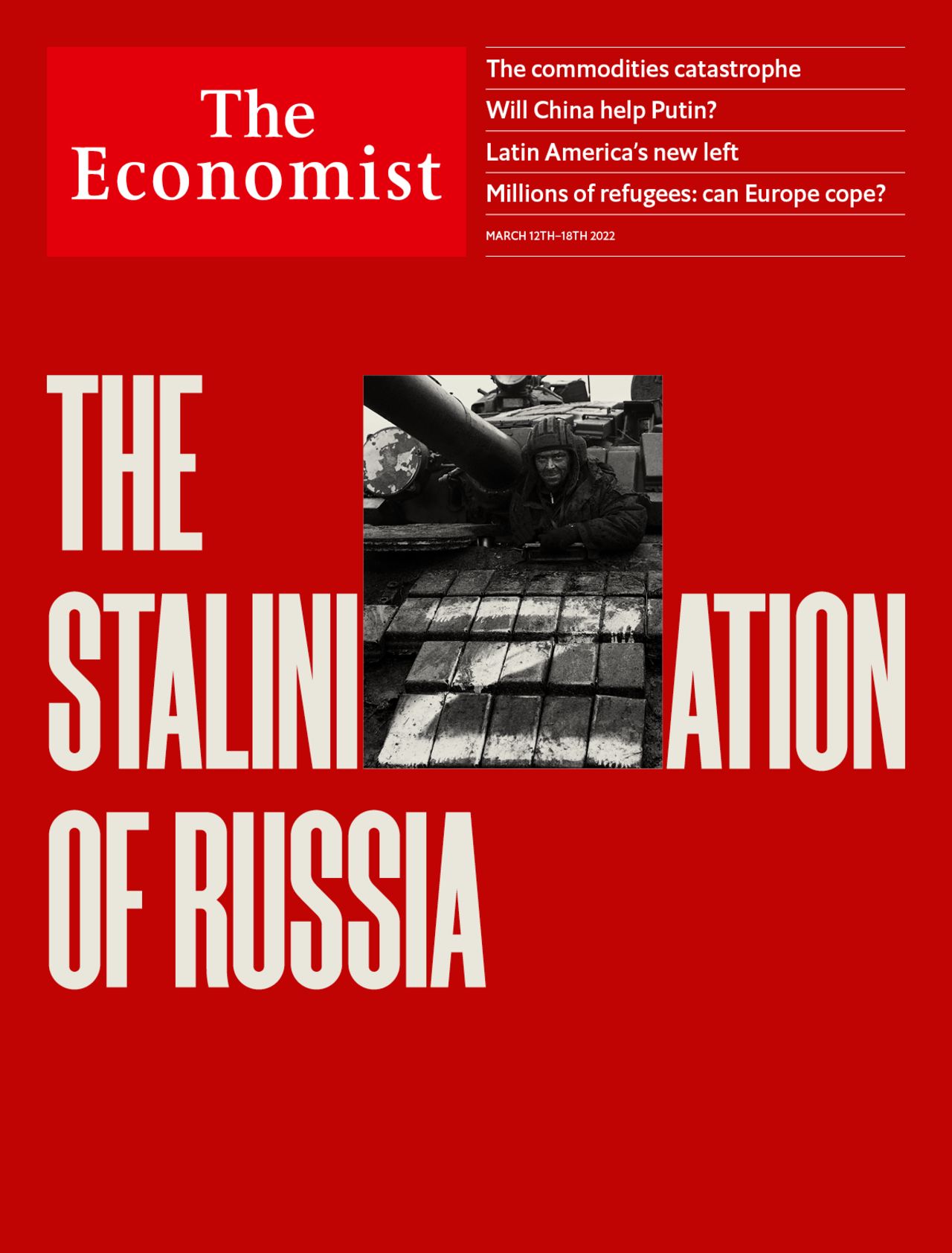War and sanctions have caused commodities chaos
The world must rise to the challenge

GLOBAL COMMODITY crises tend to cause severe economic damage and political upheaval. The oil shocks of the 1970s left Western economies with runaway inflation and deep recessions. Oil revenues also helped prop up the Soviet Union and fuelled the export of Saudi extremism. Soaring grain prices in 2010 and 2011 were a trigger for the street protests that led to the Arab spring and the toppling of dictators.
Today Russia’s invasion of Ukraine is unleashing the biggest commodity shock since 1973, and one of the worst disruptions to wheat supplies since the first world war. Although commodity exchanges are already in chaos, ordinary folk have yet to feel the full effects of rising petrol bills, empty stomachs and political instability. But make no mistake, those things are coming—and dramatically so if sanctions on Russia tighten further, and if Vladimir Putin retaliates. Western governments need to respond to the commodity threat as determinedly as to Mr Putin’s aggression.
This article appeared in the Leaders section of the print edition under the headline “Fuel, food and fury”
More from Leaders

A second Trump term: from unthinkable to probable
Introducing our 2024 American election forecast model

If a bestseller list shuns authors it dislikes, it should say so
Bestseller lists are supposed to reflect sales, not political ideology

How worrying is the rapid rise of Chinese science?
If America wants to maintain its lead, it should focus less on keeping China down

